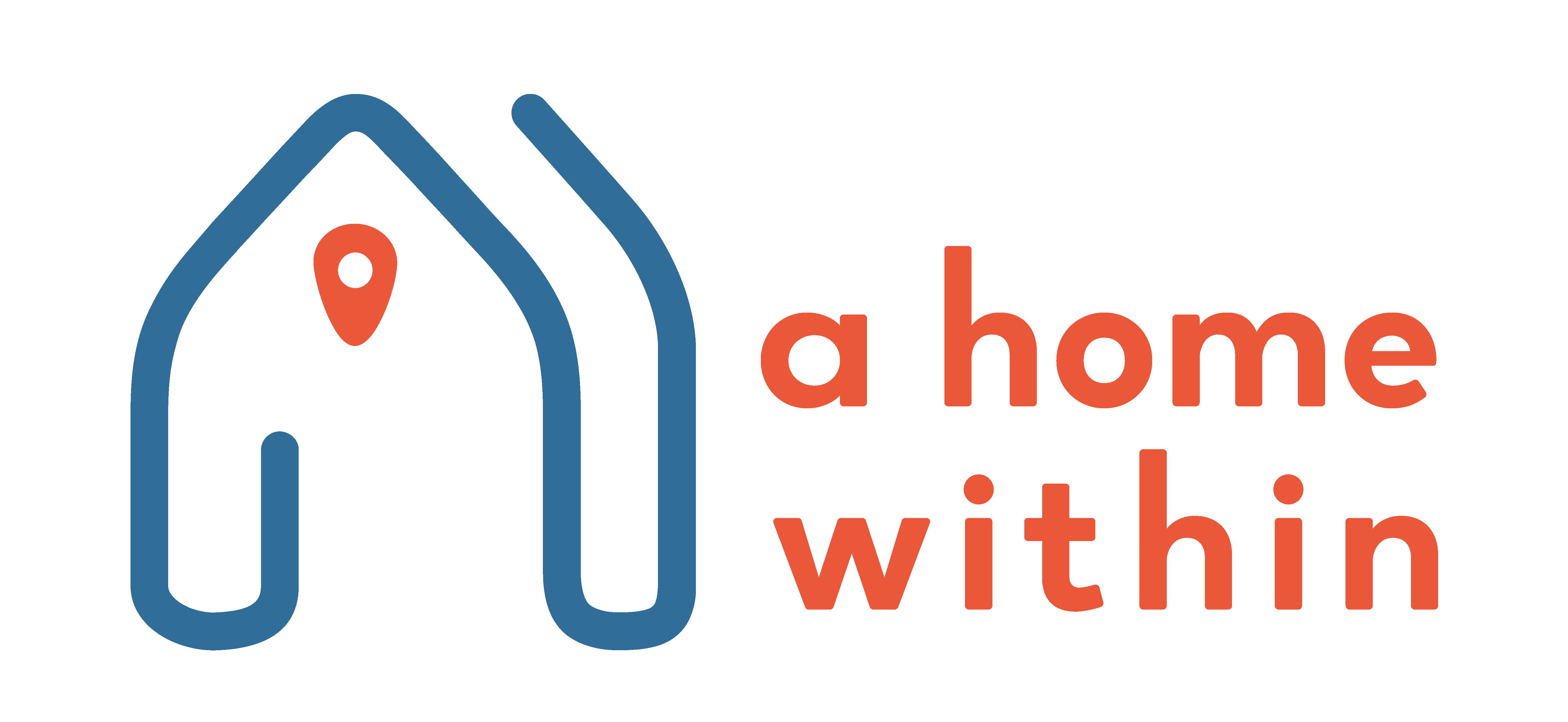Information Hub / BlogWhen We Look Away
by Toni Heineman
 Monday morning brought news of another mass shooting. I was startled when I realized that I had silently sighed, “Well, only two dead this time.” Only two real people—teenagers with families, friends, neighbors, teachers, coaches, and scores of people who will never have a chance to know them—gone forever, for reasons that are apparently yet unknown. My reaction made me feel ashamed that I had allowed myself to become hardened to the premature and senseless loss of any life.
Monday morning brought news of another mass shooting. I was startled when I realized that I had silently sighed, “Well, only two dead this time.” Only two real people—teenagers with families, friends, neighbors, teachers, coaches, and scores of people who will never have a chance to know them—gone forever, for reasons that are apparently yet unknown. My reaction made me feel ashamed that I had allowed myself to become hardened to the premature and senseless loss of any life.
This is one of the very troubling consequences of our being inundated with horrific stories and images of trauma and death. Even if we are not in immediate danger, we can become numb as a way of protecting ourselves from being emotionally overwhelmed. Sometimes we defend ourselves by not watching the news and sometimes we watch or listen without feeling.
Some of us have the luxury of turning away from violence by simply ignoring the multiple media channels ready to bring us news of the world. But many are not so fortunate. The Associated Press reported that the Florida shooting, following an event that was supposed to bring some summer fun to teenagers, happened in a neighborhood where gunfire is not uncommon. See LA Times article here.
We know that community violence has profound and lasting negative consequences on children’s emotional well-being, physical health, social relationships, and ability to learn. See more here. Not only are they subjected to continual and unpredictable dangers, the adults who are supposed to care for them are also traumatized by the lack of safety, making it difficult for them to attend and respond to the needs of children, who as a means of self-protection, may not be able to ask for, or even know, what they feel or need.
Many of our most vulnerable children live in impoverished neighborhoods beset with community violence. Already the story of the tragic deaths of Sean Archilles and Stef’an Strawder is fading from the news. Sadly, because we know that another incident will again make headlines for a short time, we are tempted not to attend fully to the story of each loss. Perhaps we cannot help the grieving families and friends directly, but we can hold ourselves accountable for knowing. We can refuse to pretend that turning away or learning not to care is a solution to the problem of human suffering.
